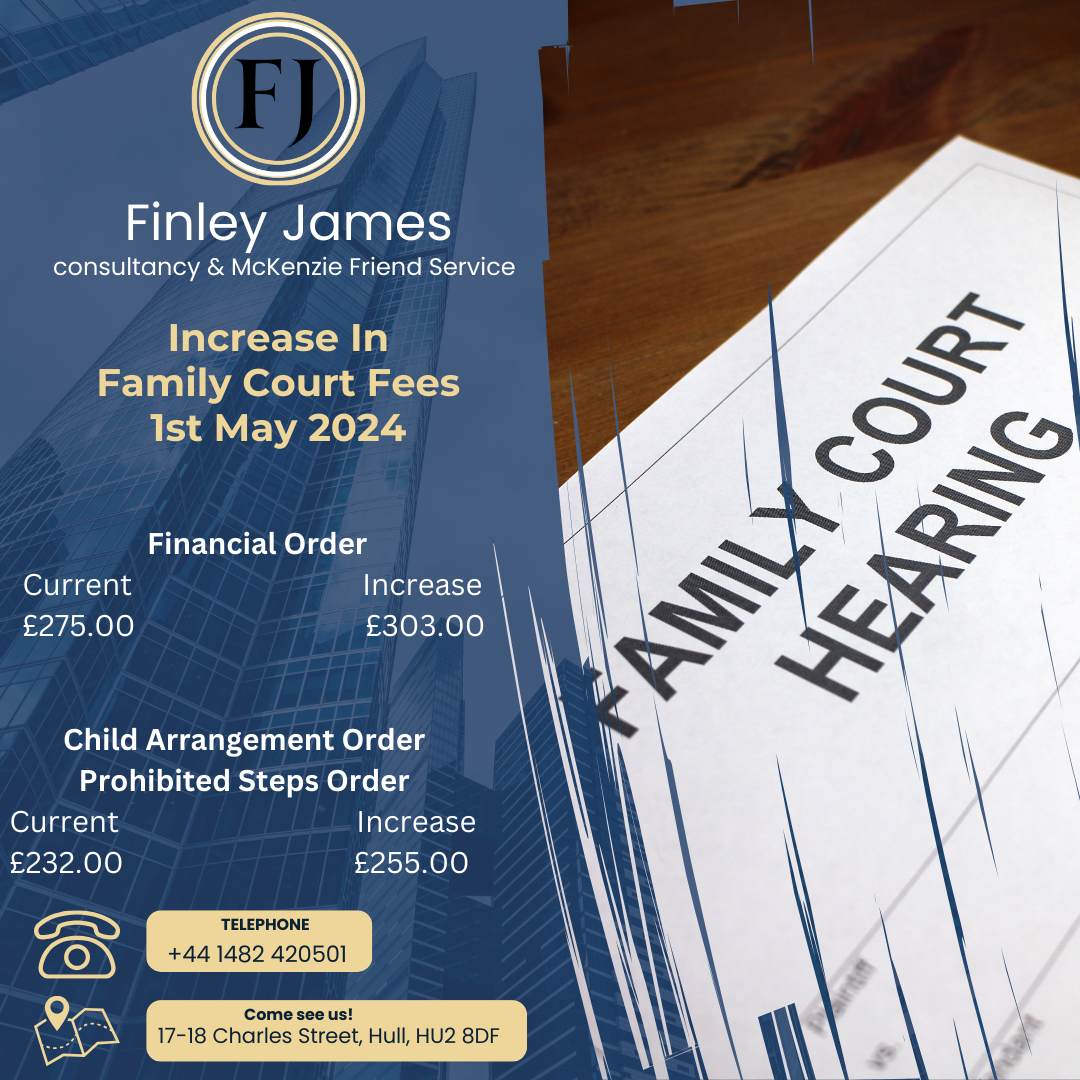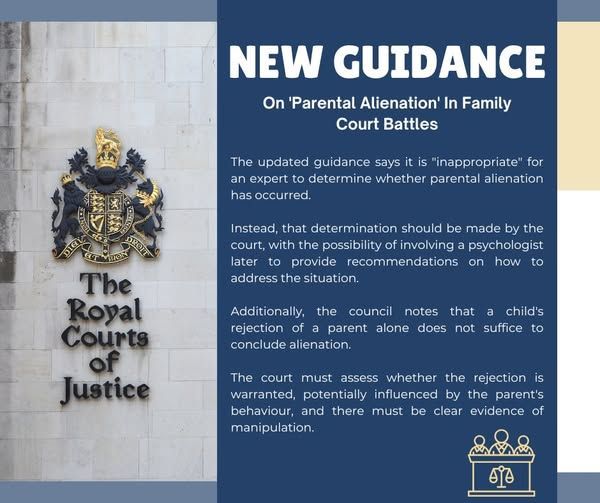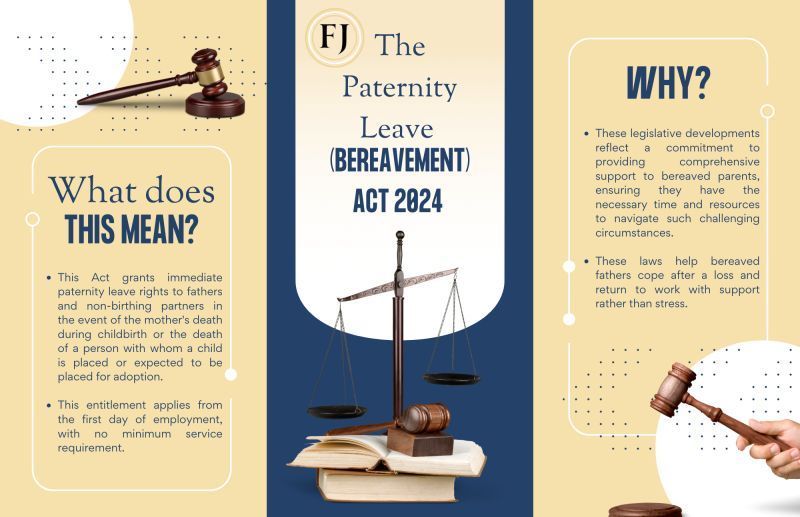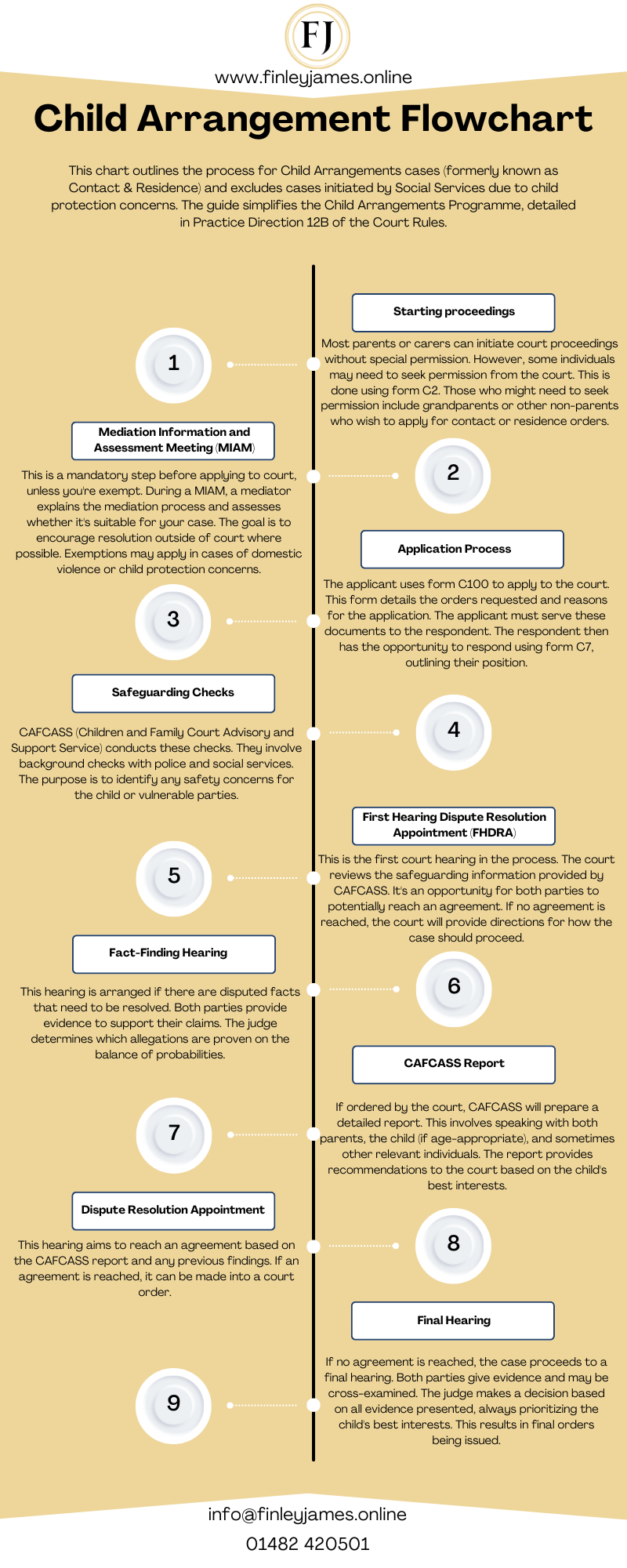Will the Court Listen to My Child?
Will The Court Listen To My Child?

Will the Court Listen to My Child?
In family court proceedings, one of the most pressing concerns for parents is whether their child’s voice will be heard and considered. While children are not generally expected to testify directly in court, their views remain a crucial part of the decision-making process. Courts adopt a thoughtful and sensitive approach to understanding the child’s perspective, ensuring that their welfare remains the highest priority.
How the Child’s Perspective is Presented
Professionals such as Cafcass officers (Children and Family Court Advisory and Support Service) play a pivotal role in representing the child’s views. These officers are trained to engage with children in an age-appropriate manner, allowing the child to express their thoughts and feelings in a safe and supportive environment. The Cafcass officer will then compile a detailed report for the court, outlining the child’s wishes, concerns, and circumstances.
The report prepared by Cafcass is a critical document, as it helps the court gain insight into the child’s experiences and preferences. However, it is important to understand that the court’s primary objective is not simply to fulfil the child’s wishes but to make decisions that align with their long-term welfare. This may mean that the court’s final ruling does not entirely reflect the child’s preferences.
Factors Influencing the Court’s Consideration
The court takes several factors into account when determining how much weight to give to a child’s views. Age and maturity are particularly significant. Older children, and those who demonstrate a mature understanding of their situation, may have their views given more consideration. However, even in such cases, the court must balance the child’s expressed wishes against other factors that may impact their safety, stability, and overall well-being.
Younger children may express their thoughts differently, often requiring careful interpretation by professionals. In these cases, Cafcass officers and other experts will assess the context and underlying needs behind the child’s statements to ensure that their welfare is fully protected.
The Court’s Paramount Concern: Welfare
At the core of all family court decisions is the principle that the child’s welfare is paramount. This guiding standard ensures that every judgement prioritises the child’s emotional, physical, and developmental needs. While it is crucial that children have an opportunity to share their views, the court’s responsibility is to act in their best interests, sometimes making decisions that may be difficult but necessary for their long-term well-being.
Supporting Children Through the Process
For parents, it is vital to understand that the legal process is designed to protect and support children at every stage. Encouraging open communication between your child and the professionals involved can help alleviate their fears and provide a sense of empowerment. Additionally, parents can work with legal advisors and child welfare specialists to ensure that their child’s voice is heard in a manner that respects their needs and emotional resilience.
Conclusion
The question of whether the court will listen to a child is not simply answered by a yes or no. The family court system aims to strike a delicate balance between giving children a voice and safeguarding their well-being. Through the involvement of professionals like Cafcass officers and a focus on welfare as the paramount concern, the courts ensure that children are both heard and protected. By understanding this process, parents can better navigate the legal system and support their child through what can often be a challenging experience.


















